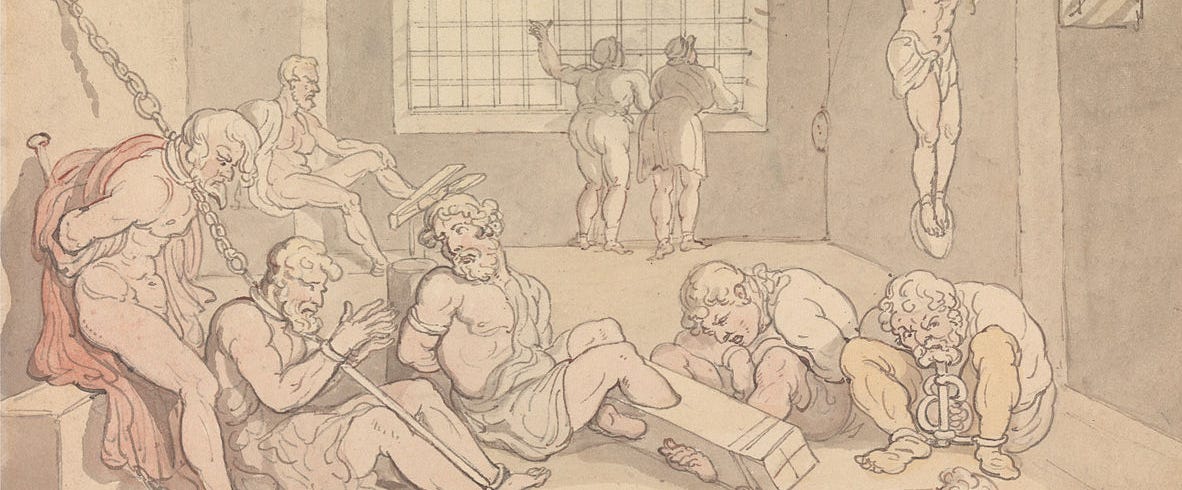On Religious Intolerance in England
A new Church is facing orders to close by the local Council.
WHAT hope do we have for England when even its most modest assertions of religiosity are met with immediate scorn, and its eternal Christian truths forced to submit to the new religion of political correctness?
The Church of Love is a new (but far from radical) religious organisation and interdenominational church which not long ago established a meeting house in my neighbourhood, and has already met with fierce opposition from the local Lib Dem Council and its residents.
If further evidence of this country’s burgeoning hostility to religion were necessary, here we have it: The Council, with the aid of the mob, have sent The Church of Love an enforced closure notice of their meeting house, citing the trumped up charges of political extremism and suspicion to commit terrorism.
And why? Because the Church of Love have taken the heretical view, similar to that of Julian of Norwich, that God is a being made entirely of love, and that to enter into communion with him it is necessary for us to sincerely love every single one of his children.
This is the notion which is so repugnant to the Council and its residents, though, as is the case of most religious persecutors, they have directed their criticisms toward the practices of the Church rather than its guiding principle. To attack the principle would be to condemn themselves as poor Christians, but by attacking the fruit of those practices they guard themselves from criticism.
The Church of Love does have the admittedly unusual practice of directing their love towards one particularly odious individual; but this, far from being hypocritical, is a far more honest practice than that carried out by the majority of Christians. It is far easier to love good or even slightly flawed individuals in which the nature of their sin is understandable; it is much harder to learn to love an individual whose crimes against humanity are so atrocious that they lay beyond the realm of ordinary empathy. This practice constitutes a sort of spiritual workout for the Church, recognising as it does that if one can learn to love Adolf Hitler, one can learn to love anyone at all.
Equanimity is not a characteristic of religious devotion, but the Church of Love may be accused of impropriety in their execution of this religious practice. The erection of an altar to Mister Hitler, and the burning of books critical of his regime on the meeting house green was, in my opinion, ill-advised. Reports of chants of “We love Hitler! We love Hitler!” coming from the meeting house are unsubstantiated, but would be immaterial even if they were credible.
The point which the Council fails to grasp is that the Church of Love’s attempts to love Adolf Hitler are a revindication of their Christian creed — that one must love all the people, even the very worst of them — and that the very choice of Hitler as their object of spiritual training is the greatest denunciation of his crimes which their theology can possibly express. Had the Church chosen a venerable figure like Mother Theresa it would either have been a far weaker spiritual exercise or, worse, an implicit denunciation of her good works as really being evil.
Theological matters are no business of the Council, but the upholding of Freedom of Religion is. I would encourage all members of The Pedestrian to write to their local MP, asking them not to take measures to protect The Church of Love from future attacks. Stress that the members do not endanger others by their actions.
Please be brief, polite and, above all, numerous.






